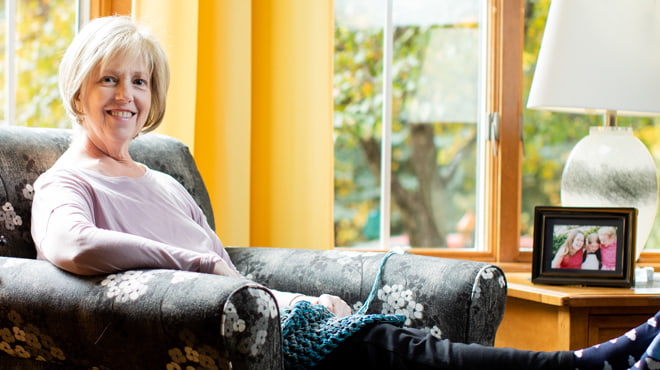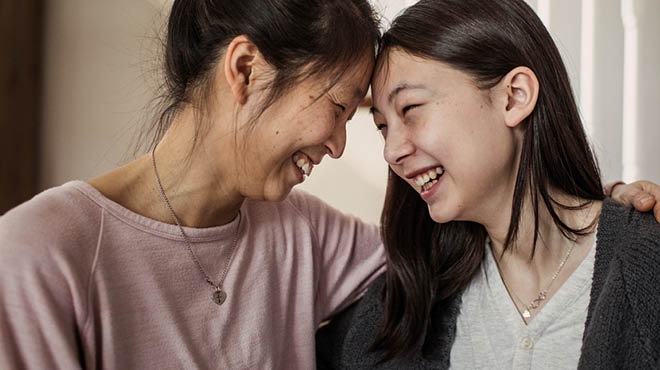Recent Posts
-

-
 Patient StoriesA lifesaver saved: An EMS veteran’s journey from rescue to recoveryNovember 14, 2025
Patient StoriesA lifesaver saved: An EMS veteran’s journey from rescue to recoveryNovember 14, 2025 -

A special doll for a special girl

Bailey Jackson is a typical 7-year-old in many ways, described as loving, outgoing and happy-go-lucky by those who know and love her.
But her assortment of developmental delays and health issues serve as a painful reminder that she has some special challenges her peers do not.
Mayo Clinic Health System is doing its part to see that she feels as “normal” as the next child.
Jackson, a student at Woodland Elementary School in Barron, Wisconsin, has been through more than her share of medical tests, appointments and procedures in her young life. Through it all, the young girl has remained her usual loving, social and quick-to-smile self.
“She has her issues, but she just is a very, very outgoing, happy-go-lucky kid,” says Jackson’s mother, Sara, noting that Jackson’s intestinal problems began at birth.
“When she was born, she couldn’t excrete her meconium,” Sara explains, referring to the first stool passed by a newborn. “Her doctor figured out there was something wrong with her bowel situation, and by the time she turned three, they finally said ‘Her colon’s dying.’”
After several tests and biopsies, Jackson underwent a surgical procedure in which the intestine was pulled to the outside of her abdomen, creating a stoma, or opening for waste to leave the body. A bag then attaches to the stoma to collect the waste. The surgery, as well as the other related examinations, was all performed at other medical facilities.
Ostomies, as the procedures are known, can be performed for a number of reasons, including birth defects and urological or gastrointestinal conditions or trauma. Sara says it’s not known what caused Bailey’s colon to shut down.
Jackson’s three-year-old sister, Emmalouise, is afflicted with the same condition, and Sara has tried to help both her girls cope as best she can.
“Even though they are different, we try not to make them feel different,” she says.

Jackson’s ostomy care nurse at Mayo Clinic Health System in Barron, where she is now a patient, took the same approach and recently presented Jackson with a doll designed to look just like her — stoma and all. Together, they’ve used the doll to educate children and adults alike, and Sara says it’s been a wonderful coping tool for Jackson.
“It can relate to her. It’s something that’s familiar. With Bailey, she knows that she has the same thing as her, and so it doesn’t make her feel as different,” Sara says.
Upon learning she’d be working with a pediatric patient, Kay Bilse, a certified wound and ostomy nurse, contacted the company her clinic contracts with for ostomy supplies for age-appropriate resources. Through the company, she found the doll.
“They’re special dolls for special children,” Bilse says. “They made a little area that looks like an ostomy on the doll. Included with that is a bag or pouch, and it even has a number on the front just like the bags that are for Bailey.”
Bilse has used the doll to share important information with Jackson, her parents, her teachers and her classmates — and, today, the doll is now one of Jackson’s most cherished possessions.
“She loves it,” Sara says. “It means a lot to Bailey to have something that’s so similar to her and her sister that she can relate to. They all have the same thing.”



